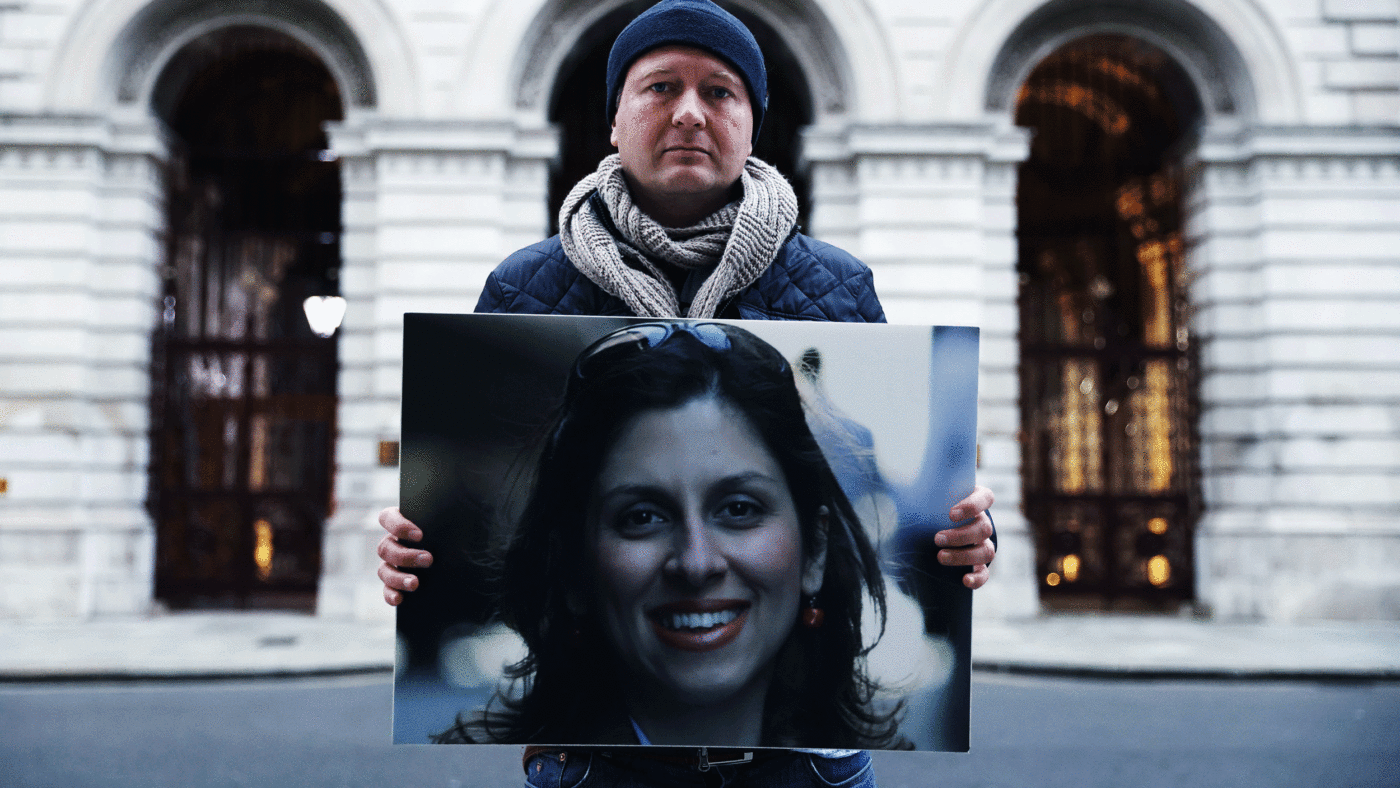As a species, we are brought up with fairy tales. It is a sign of approaching maturity when we realise that they aren’t true.
The principle that Britain doesn’t pay ransoms to kidnappers is being revealed as one such childish fantasy, because that it is all it is – a myth.
The latest proof that, if and when we decide the price is right, we will pay, is about to play out with the release of Nazanin Zaghari-Ratcliffe, the British citizen who has been held hostage in Tehran since April 2016. According to reports, there is a team of negotiators in Iran, and Ms Zaghari-Ratcliffe is finally on her way home.
On a human level, it is impossible not to feel anger at her appalling suffering, and joy that she will be reunited with her husband and daughter again. But it is not yet clear what price we have paid to secure her release.
The Iranians have been demanding for years that we pay them £400m for a defence contract from the years when the Shah was in charge. Back then, we sold our ally 1500 tanks. But as the order was being completed, the Shah fell and Iran became a theocracy – and the world’s largest funder of terror. The Thatcher government rightly decided it should not hand the Iranian regime any more tanks. It could not hand it the cash, either, as to do so would be to use the West’s own money to fund a regime dedicated to destroying the West. Successive governments have maintained this position – even after the Iranians seized Ms Zaghari-Ratcliffe as a hostage to attempt to force the British government to cough up. They were right to do this as a matter of basic policy, and for the security of the West.
Until today. In a series of interviews, Foreign Secretary Liz Truss referred to the £400m ransom demand as a ‘legitimate debt’. To be fair to her, we know nothing of the contents of the negotiations to secure Ms Zaghari-Ratcliffe’s release. It may be that there is some sort of agreement in which we publicly state that the debt is owed, but do not actually have to hand over the money.
In the context of our broader dealings with Iran, though, it’s far more likely that the words ‘legitimate debt’ are being used to mask what is actually happening: that we are simply caving in to Iran’s thuggery.
Ever since Donald Trump pulled the US out of the 2015 Joint Comprehensive Plan of Action (JCPOA) – otherwise known as the Iran nuclear deal – and reimposed sanctions, the foreign policy establishment in the US, UK and EU have been determined to reverse his decision. But Trump was correct. It really was ‘a horrible one-sided deal that should have never, ever been made,’ as he put it.
What makes this determination even worse is that Trump’s policy was actually working. In the year after deal in 2015, Iran’s economy grew by 12.5%. With further investment and money flowing in, it would have become a cash-rich funder of terror. But the 2018 sanctions had an immediate, pronounced effect: Iran’s GDP shrank by 4.8% in 2018 and by 9.5% in 2019.
No wonder they were determined to find other sources of revenue – such as a £400m ransom from the UK.
Were it not for the spanner thrown into the works by Russia’s invasion of Ukraine, a revived deal was ready to go. Needless to say, the terms would be even more catastrophically beneficial to Iran. But in one of history’s great ironies, the sanctions imposed on Russia have (at least for now) collapsed that deal. Russia (a signatory to JCPOA) will only agree to a new treaty if it can get exemption from its own sanctions in order to trade with Iran.
Here’s one small example of how grotesque this proposed deal is: under its terms, Russia is responsible for controlling Iran’s excess enriched uranium and converting the Iranian Fordow nuclear plant into a research facility. Russia as the honest broker over nuclear weaponry!
Yet such is the West’s determination to impose a new deal, that I would be astonished if Russia’s efforts to secure itself an advantage are allowed to derail it.
In other words, while in Ukraine we all now see with clarity the consequences of not standing up to tyranny, and pretending we can tame it – when it comes to Iran no such lesson has been learned. Not only are we on the edge of agreeing to a catastrophic deal – we, Britain, could be about to hand over hundreds of millions of pounds to a regime that lives and breathes terror and destruction. More fool us.
Click here to subscribe to our daily briefing – the best pieces from CapX and across the web.
CapX depends on the generosity of its readers. If you value what we do, please consider making a donation.


